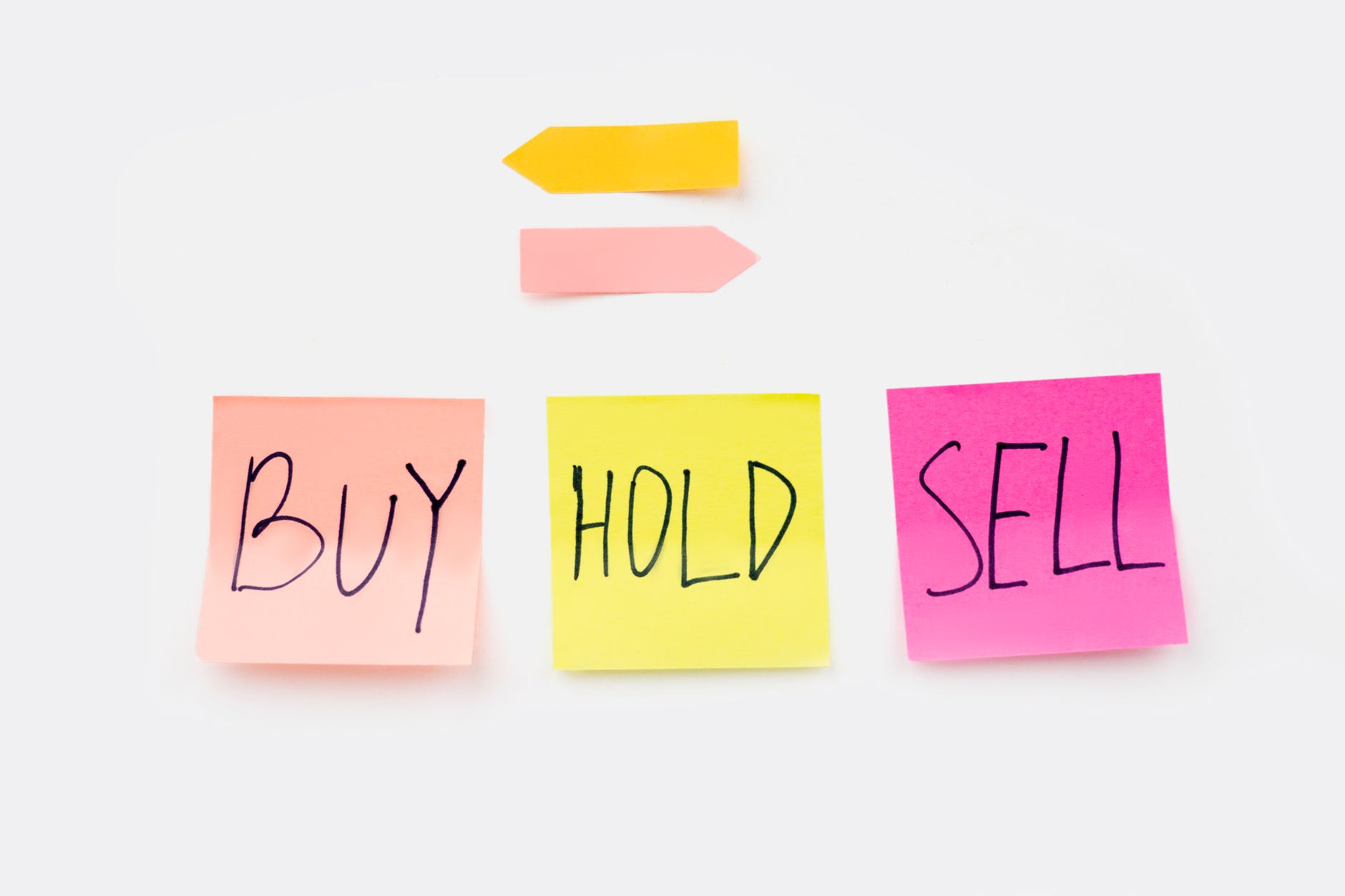The following are the reasons for a company’s shares buyback.
Signaling effects
When the companies buy back their own shares, the stock market get signals that the company has enhanced their financial performance. This enhancement of the company’s financial performance has put the company in a position to buy back its own shares from the market. It is important to note that the company has to make a buyback at the share’s current price along with some compensation. The compensation has to be paid because they have agreed to sell their shares rather than holding.
So, the market thinks that they have sufficient financial resources for buying back their shares. Hence, they will be able to outperform in the future. So, an expectation of the market from the company increases, which leads to an increase in the share price.
Excess cash
It’s always caused by the loss to hold the cash for nothing. That’s because if there is huge cash in your balance sheet, It may be a cause of peace of mind and greater liquidity, but the company has incurred the opportunity cost of holding a balance in the accounts.
It may also signal that the company is not competent enough to find some feasible investment opportunities. Further, the shareholders might think that the management of the company is not committed to the work.
So, to avoid these negative signals and bad perceptions of the company, the management can opt to buy back shares of the company.
Tax matters for the shareholders
The company makes a return to the shareholders either in the form of dividend or the share repurchase. It has been observed that capital gain tax rates are less than ordinary tax (tax on the dividend). So, if the company opts to pay a return in the form of a dividend, it will be taxed at higher rates. On the other hand, if the company opts to pay return in the form of share repurchase, it’s expected that tax rates applicable on this will be lower (capital gain) than tax rates on the ordinary income.
Shares buyback benefits
The advantages of the stock buyback include the use of excess cash, increase in valuation of the share price, and signaling effects to the market, etc. The advantages of the stock buyback have been discussed in detail above.
There are some of the disadvantages related to stock buyback that have been discussed below.
Disadvantage of shares buyback
Not a good use of the capital
The shareholders invest in the company for return and not for giving back security to the company. Hence, it’s not a good use of the company’s capital. The company must find investment opportunities and some profits for the shareholders rather than giving them the amount back. Hence, giving back the amount to the shareholders is not a good use of the money.
The interest of the management
Sometimes, there is the management’s self-interest in exercising buyback as we have understood that buyback leads to positive sentiments of the market, and there is an expected increase in the value of the security.
The problem is that senior management of the company is often given shares options as an incentive. So, the management might be launching stock buyback to increase the price of the shares in the market and sell their shares at a higher price.
Hence, investors need to assess if the buyback is genuine or just a bubble to be burst.
Problems with the dividend
Suppose the company has used finance in order to buy back securities. They may not have sufficient cash to pay a dividend. Hence, there may be problems for the company if they do not pay a dividend. So, the company needs to think hundreds of times before making any final decision to buy the shares.
Is stock buyback good or bad?
Generally, stock buyback is good as a positive reaction of the market is expected from it. However, there are some problems associated with the stock buyback. These problems include the opportunity cost of the cash that has been paid to buy back the shares, the management’s intention, and the company may have to face difficulty in paying normal divided as they’ve already paid massive amounts under the buyback scheme
Shares repurchase examples
Some big names like Apple, Alphabet, Microsoft, and Berkshire have recently exercised shares buyback. An Apple made buyback of the shares amounting to $19 billion in the quarter ending March of the current year. The company has a trend of buying back shares at a price greater than the trading in the market.
Shares buyback accounting
To post a share transaction, buyback cash is credited from the books of account as cash is paid back to the investors, and a corresponding entry is posted in the treasury shares—the treasury shares present contra entry in the capital. The amount of treasury shares is shown as a deduction from the capital.
Suppose an ABC company has repurchased 1,000 shares at the price of $20 per share. So, we shall credit the cash by $20,000 (1,000*20), and the corresponding credit entry will be posted in the treasury shares account.
Methods of the shares buyback
There are different methods the company can buy back the shares. These methods include a tender offer, a Dutch tender offer, and direct negotiation, etc.
A tender offer is when the company invites shareholders to buy back their shares. They set a certain price for the buyback. However, the set price is always more than the current trading price of the company’s shares. The price is set greater than the current market to compensate the shareholder for selling the shares.
In a Dutch tender offering, the price is set as a range, and input from the shareholders is taken for setting the price. Similarly, indirect negotiation, the company reaches shareholders directly to negotiate the terms of the sales.
